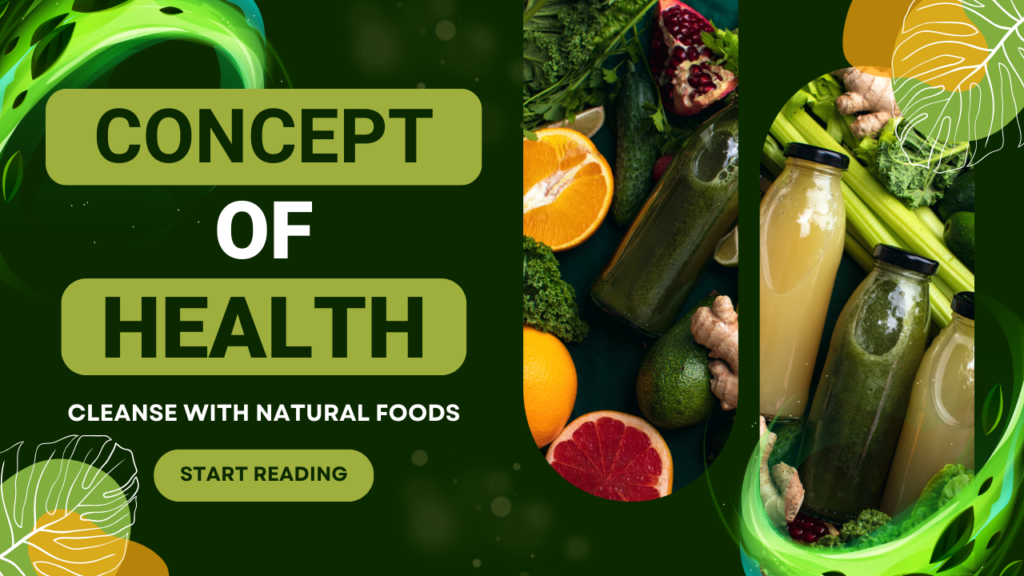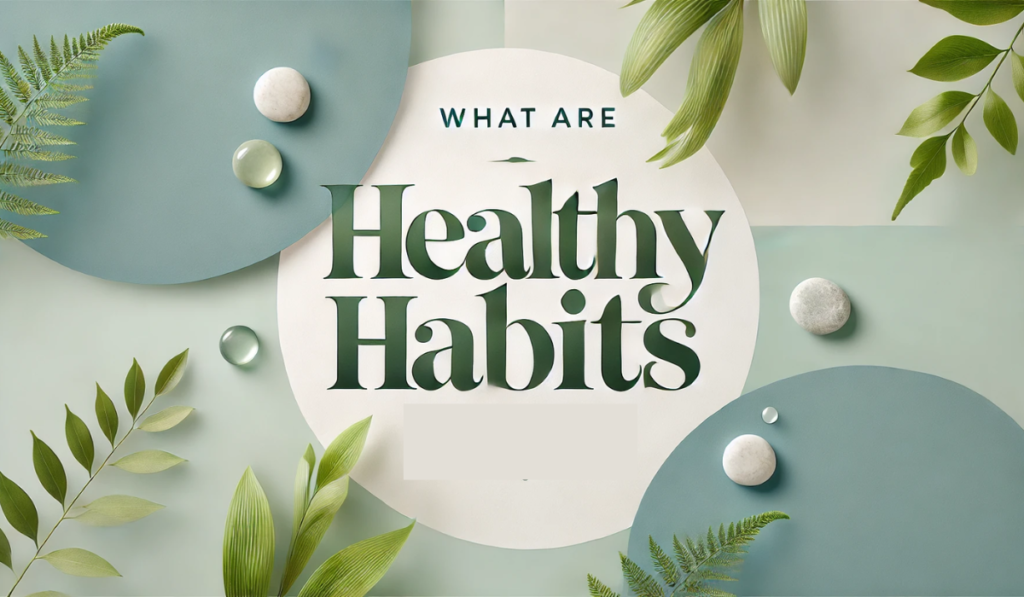Impact of Medicines on Health
➤ Introduction
Impact of Medicines on Health has turned into a burning issue. Once Dr. James Johnson said, “If the earth had no doctors, surgeons, pharmaceutical manufacturers, drug sellers, or medicines, this earth would have much less morbidity and mortality compared to today.” Mahatma Gandhi also said that treatment of diseases is absolutely necessary, but taking medicines is of no use.
➤ How Medicines Affect Our Health
1. Reduced Lifespan
Sir Richardson highlights the Impact of Medicines on Health, stating that a regular use of medicines leads to shortening of the life span. Most pharmaceutical drugs are made of synthetic chemicals that may enter the body, and over time, get Accumulated affecting vitals such as the liver, kidneys, and heart. Continuous exposure to these substances leads to expediting aging and tolerance to chronic diseases, perhaps even leading to shortening of life expectancy. Further, prolonged medication use causes the body to lose its healing mechanism, making it highly dependent on outside interference support.
2. Side Effects
Each and every medicine brings with it side effects, which may be minor and last for a bit of time, but in some cases, they can be severe and chronic. Some medications may lead to minor side effects such as mild nausea, transient dizziness, headache, or changes in taste to serious side effects including organ damage, allergic reactions, and in some cases proved fatal to certain individuals. Prolonged medication may predispose one to diabetes, hypertension, and cardiovascular diseases. Other times, when drugs are combined, they do not act well with each other and worsen a health condition further.
3. Suppressing Diseases, Not Curing Them
Very often the patient is being treated symptomatically rather than actually cured of his ailment so that new ailments sprout. Most of the drugs are made to relieve one off temporary and not really act on the underlying unhealthiness of the condition. For example, painkillers fail to cure the inflammation or injury but relieve the pain associated with it due to suppression of disease and leads to a dependency on medications and further paving ways to disease progression silently causing much more harm.
4. Harmful Chemical Composition
The Impact of Medicines on Health is further seen in their chemical composition. Most of the medications are chemical agents, which have the potential to inflict harm on muscles, organs, and internal systems with passage of time. Artificial preservatives, stabilizing agents, and synthetic chemicals can all be viewed as toxic agents in most pharmaceutical drugs. Chronic exposure to the chemicals listed above can create conditions like liver poisoning, kidney dysfunction, and hormonal imbalances. Some drugs also result in depletion of critical nutrients and weaken health.
5. Financial Burden
High costs of medicines invariably set a financial burden on every person, making healthcare almost impossible for some. Many life-saving drugs and treatments are marked so high that they become out of reach for the underprivileged. Chronic conditions such as diabetes, heart disease, and cancer are expensive to manage so they become a life-long financial burden to be borne. In many cases, patients must choose between paying for their everyday living costs or paying for high-cost medical treatments.
6. Mental Stress Due to Medical Expenses
These expensive drugs can cause pressure to bundle up so much finance damages, producing mental stress and worry. Apart from them, numerous individuals slip into hardships as they were too costly, and there would be a consideration when planning for medication so that one’s full pocket will not turn empty in the end. There is an adverse effect of mental anxiety from the world’s treatments: it can worsen illnesses. To be specific, family pressure for both medical expenses and hospitalization creates a lot of tension at home and emotional distress.
7. Medicines from Animal Sources
It is well acknowledged that various medicines can be of animal origin, but this raises ethical considerations as well as concerns for health. The ethical issues related to medicines and vaccines containing animal elements are particularly magnified for vegetarians, vegans and other religious dietary restrictions observers. While animal medicine could risk some health problems like illicit drug allergies and infections, ethical reservations are found against the use of animals in drug testing and manufacture, stimulating discussion of cruelty-free alternatives.
8. Dependency on Medicines
Some patients may get so dependent on the drugs that these have to be continued for a lifetime. Drug dependence is more the rule than the exception in chronic disorders like hypertension, diabetes, and psychiatric disorders. Tolerance develops with time, meaning that, at any given time, the subject must take larger amounts to achieve the same effect. In those instances, withdrawing the drug suddenly may trigger withdrawal symptoms that would totally nullify the initial therapeutic gain. Therefore, such dependency begins to impede an otherwise beneficial response and retards natural healing abilities.
9. Weakening of the Nervous System
The almost chronic possibility of drug usage is an inhibitory factor for the nervous system and the whole body; for example, analgesics, sedatives, and antidepressants interfere with the brain’s chemistry and thus affect communication with the nervous system and the body. Some of the drug-relevant conditions from long-term use include memory loss, disorientation, dizzy spells, and even neurological disorders patient experience: from Parkinsonism to mental incapacity due to chronic drug overuse in sleeping or anxious disorders and their further disintegration of cognitive functioning and mental well-being.
10. Reduced Immunity
This reliance on medications can usually work to weaken your natural immunity and leave a body susceptible to infection and disease. The immune system is built within a human being to defend against infection, but excessive use of medications can suppress its normal function. Antibiotics would rid the body of bad bacteria, but at the same time also destroy those good ones beneficial by the immune system. More medicines for a longer period weakens the ability of the body to naturally fight against any infection and cause frequent infections over time and ultimately lead to a long-standing illness.
Reducing medicine dependency is possible by following a healthy lifestyle. Learn more about What Are Healthy Habits that promote natural healing.
➤ Conclusion
The Impact of Medicines on Health cannot be denied; drugs are involved in crucial role of certain diseases and the maintenance of health. However, excessive use can produce harmful effects on health. To maintain good health, natural healing methods, a balanced diet, and active living should be given precedence over medications. Careful medication usage may aid in the preservation of both physical and mental health.
With an understanding of these impacts, an individual can make an apt choice regarding their health and also reduce unnecessary dependence on medicines.
📌 “While medicines impact health in many ways, adopting healthy habits can naturally boost your well-being. Discover Seasonal Routine to stay fit and disease-free.



